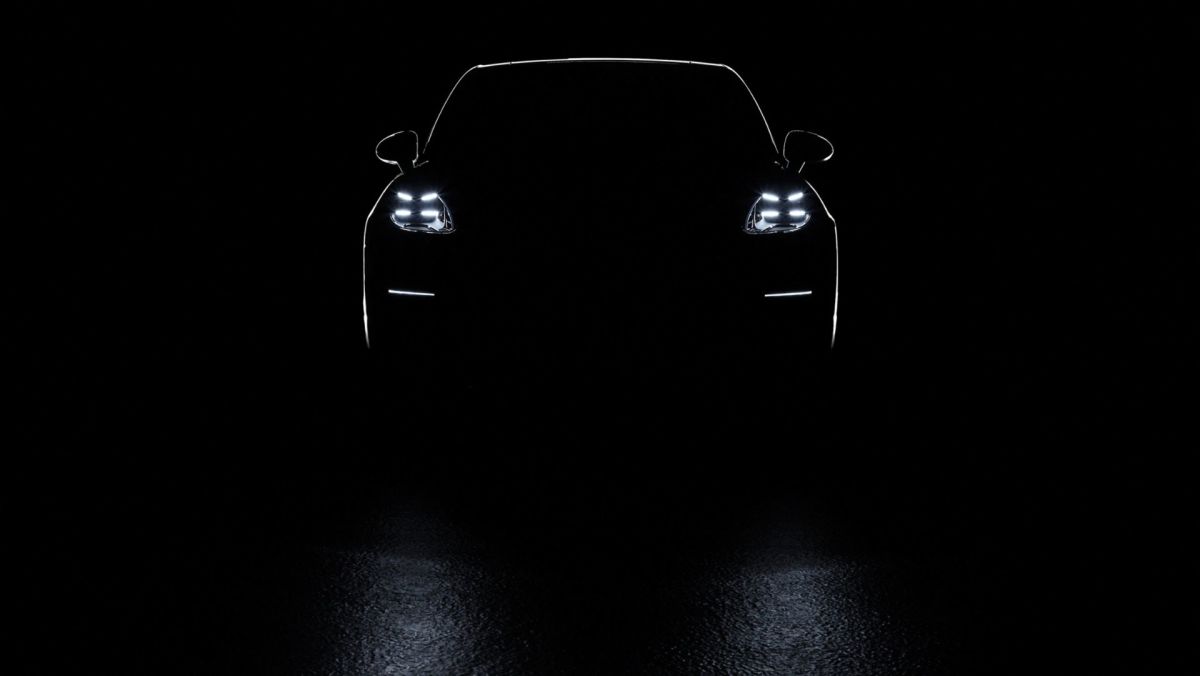Brand New Model To Join Lineup
Despite achieving record sales in the U.S. earlier this year, Porsche is struggling in certain respects. Sales in China are falling as far cheaper locally produced luxury EVs with more power continue to eat into sales, and with tariffs taking another bite out of the bottom line, forcing Porsche to repeatedly raise prices across the board, slow-selling EVs like the Macan Electric (depicted at the top of this page) need support. Stuttgart originally intended to have the Macan EV as the only entrant in the segment, but over the past few months, it’s been forced to walk back all-electric plans due to weak demand, and there have been indications from the top brass that a new combustion SUV may arrive, though not as a current Macan EV with an engine – as something slightly different. First reported by Automotive News, Porsche CEO Oliver Blume has confirmed that such a thing will arrive no later than 2028, announcing that the company will begin “evaluating an independent model line in the SUV segment with combustion and hybrid powertrains.”
What To Expect
Porsche
Blume made the comments during the company’s H1 2025 earnings call, in which he described the newcomer as “very, very typical Porsche for this segment and also differentiated from the BEV Macan,” adding that the styling would include “Porsche’s characteristic profile.” Two and a bit years is not much time to start from scratch with something new, but Blume added that the new crossover “would benefit from synergies” to speed up the development process. This will not be an updated version of the old Macan, nor a Macan Electric with a gas engine shoved under the hood, as had been previously suggested. Porsche is doing things properly to keep the new SUV competitive for years to come. More than that would not be confirmed, but it’s pretty obvious that this new combustion-powered SUV will follow the lead of its predecessor by borrowing a Volkswagen Group platform. The old Macan was based on MLB underpinnings shared with the Audi Q5, and it only makes financial sense to rinse and repeat with the contemporary Q5’s Premium Platform Combustion architecture, which accommodates turbocharged four-cylinders, plug-in hybrids, and a V6 in the sportier SQ5 – a great starting place for the Turbo variant of the new crossover. Diesel is also facilitated for markets that still consume the stuff.
It Won’t Be A Gussied-Up Q5
Related: Trump’s EU Tariff Deal Slashes Car Duties — What It Means for BMW, Mercedes, and Porsche
If experience has taught us anything, it’s that no matter how trying the times, nor how short the development cycle, Porsche always finds a way to extract more refinement, performance, and efficiency from the components that other members of the VW family have access to. Is it too soon to say that this new crossover will accelerate, turn, brake, and cruise better than anything else in the segment? Perhaps, but why didn’t Porsche just stick with the original Macan, then? Unfortunately, both it and the 718 sports car failed to meet European cybersecurity laws that came into effect exactly a year ago, and the architecture could not be updated without great expense. The Macan EV was immensely popular at launch, and it seems to be hitting its stride abroad, but it’s still not the runaway success the original has been. If it were, we might be having a different discussion right now, but those are the cards all EV manufacturers have been dealt after the pandemic-era boom died down. Porsche is still committed to its electric cars, and a Cayenne EV is imminent, but a gas-powered alternative will have to coexist to weather the world’s economic storms. This new crossover lets Porsche adjust its sales without abandoning the highly competitive EVs that are expected to grow in popularity worldwide toward the end of this and the start of the next decade, when Bentley, Lamborghini, Ferrari, and others expect the market to be ready to accept EVs of their own in sustainable numbers.